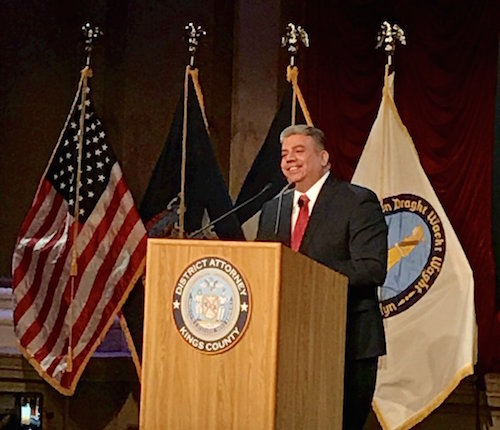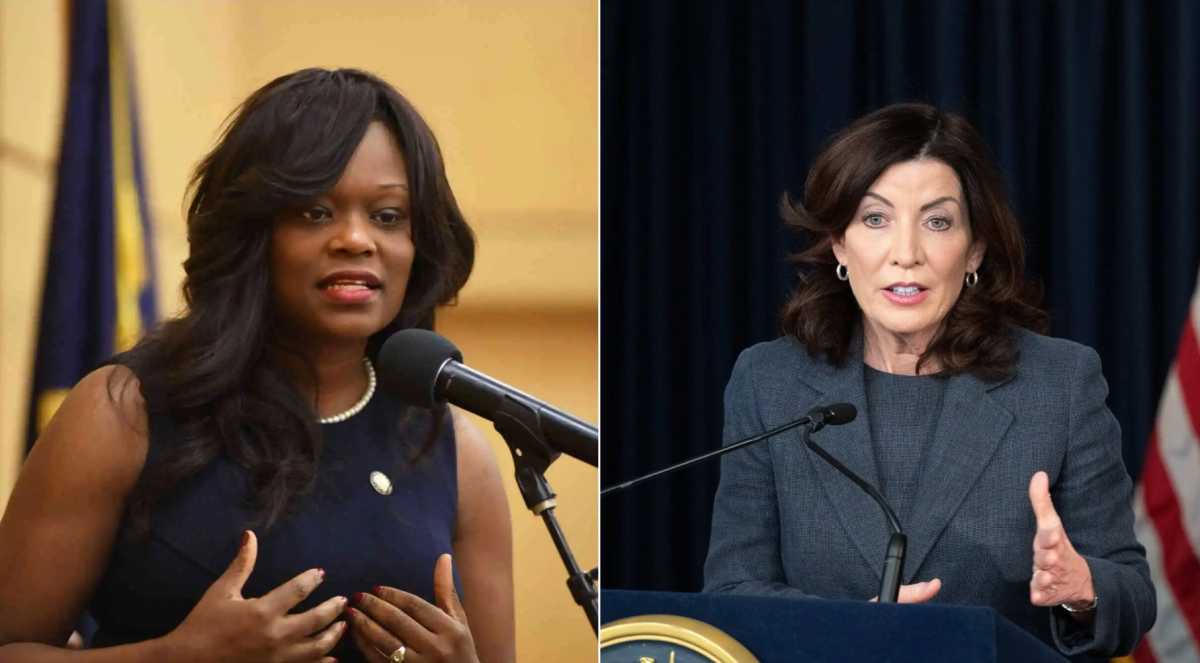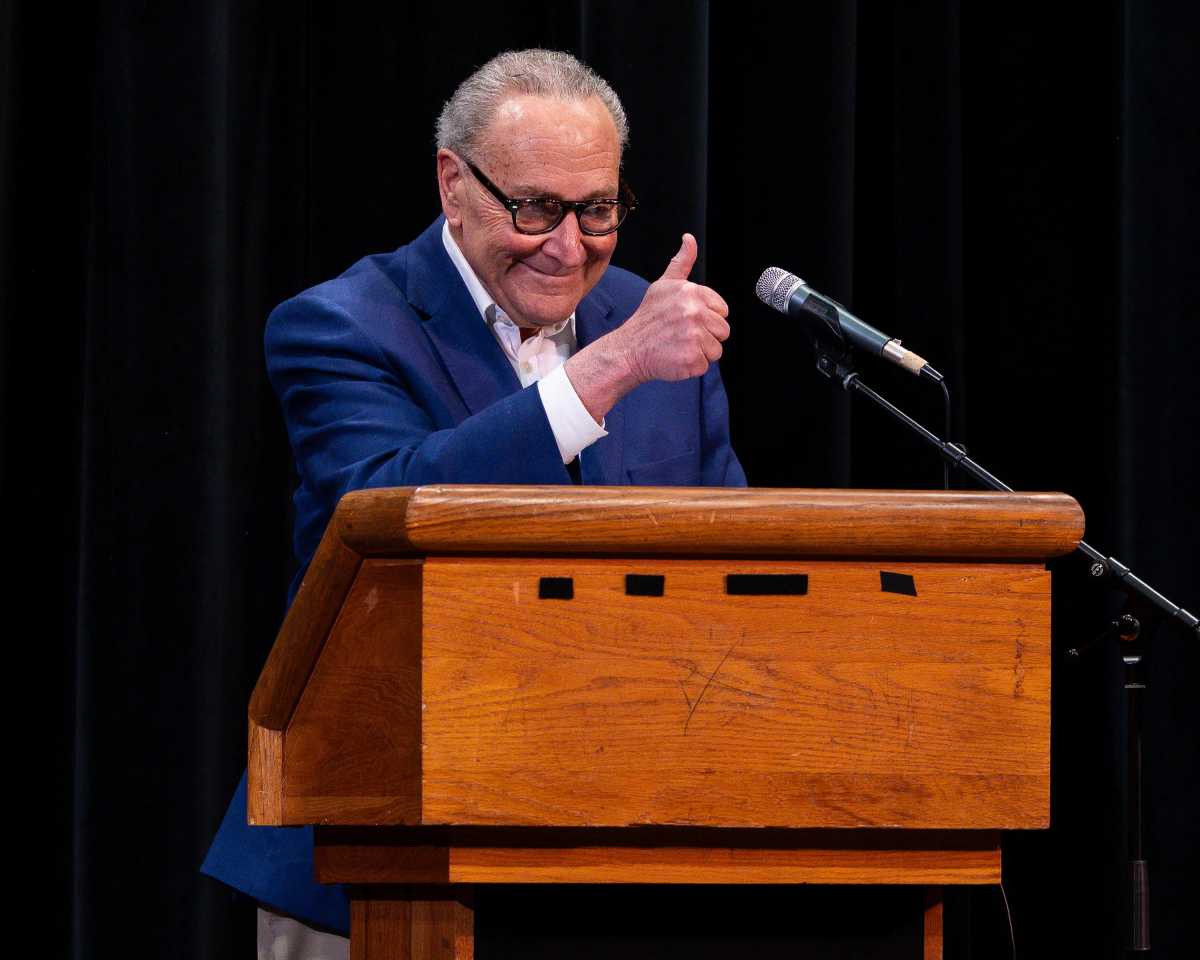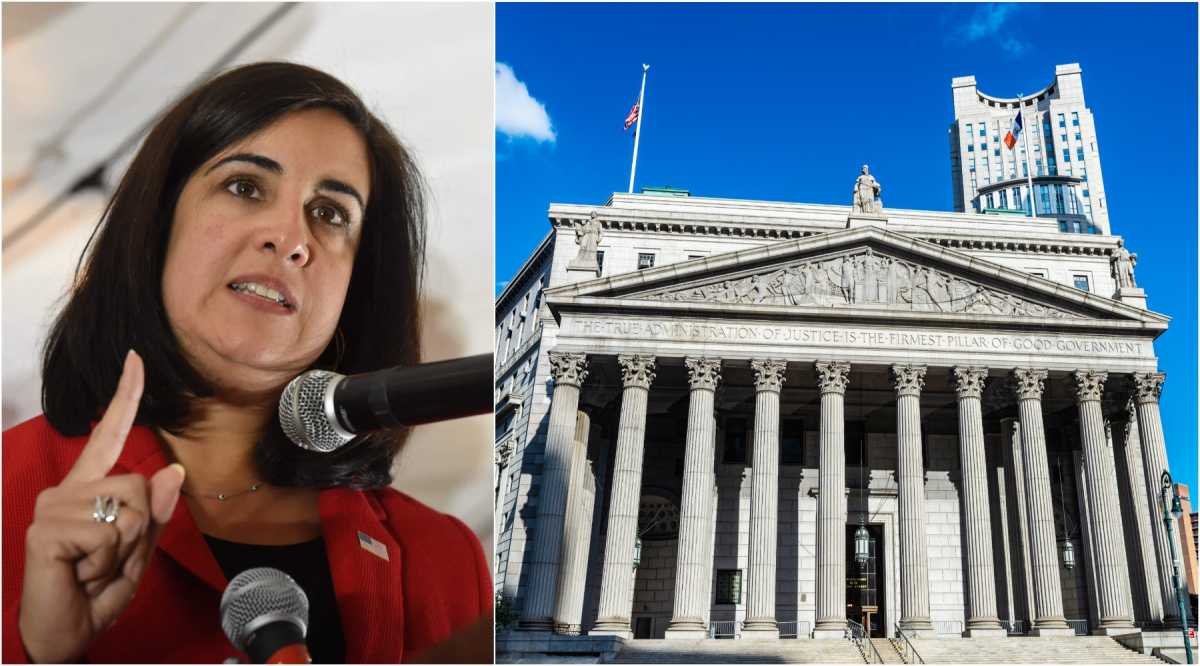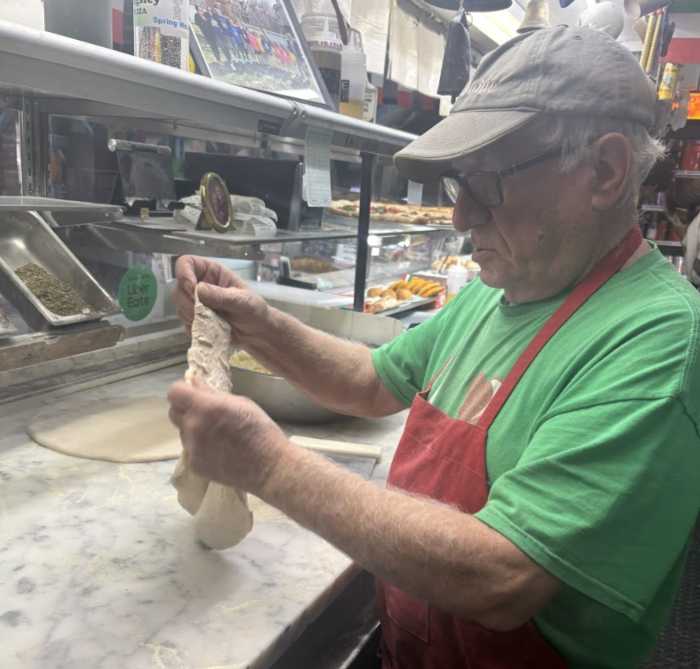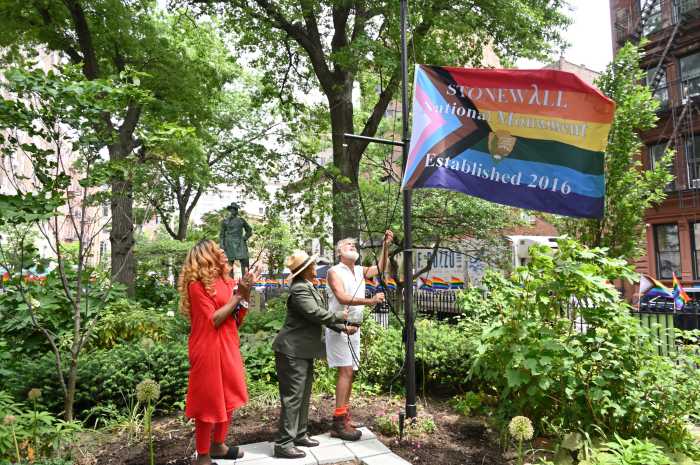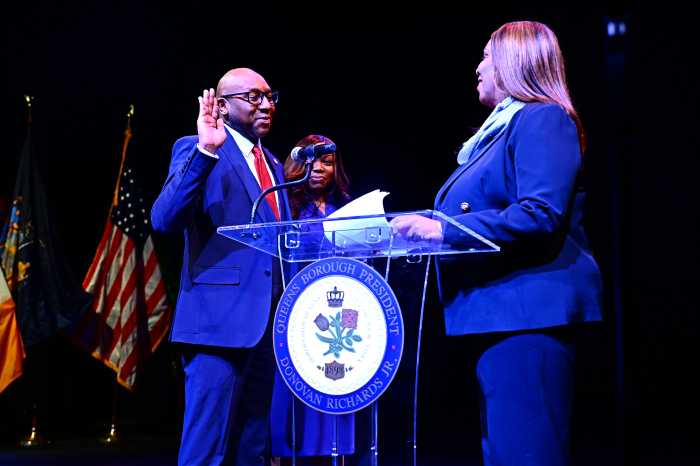Brooklyn seems to be at the beginning of a wave set to make marijuana arrests a nuisance of the past.
That after Brooklyn District Attorney Eric Gonzalez announced he will greatly reduce the number of prosecutions in low-level marijuana arrests in an effort to change New York Police Department (NYPD) policies on the drug’s enforcement.
According to the DA’s office, since 2014, Brooklyn has declined prosecuting marijuana possession cases seeing a decline of 75% in arrests across the borough. In 2013, there were around 14,000 low-level marijuana arrests compared to last year’s 4,000 arrests, with about 85% of them being prosecuted.

“I believe that low-level marijuana cases should be responded to with summonses rather than arrests,” said Gonzalez.
Gonzalez was quick to note that though arrests for weed possession have been declining, racial disparities still remain clear regarding marijuana arrests. “The racial disparities in arrests remain intractable and unacceptable, so we need to do more to ensure fairness and trust in our system,” he said.
The DA went on to credit his Justice 2020 Initiative for the decrease in weed possession cases. The pilot program was launched earlier this year with the aim of decreasing prosecution in instances where smoking marijuana in public didn’t create a public nuisance.
“In the coming weeks, we will work with the Police Department and the Mayor to identify the very small number of exceptions that raise public safety concerns, and any case that does not fall within these exceptions will no longer be prosecuted,” said Gonzalez.
According to reports, last year, 86 percent of those arrested for low-level marijuana possession in the five boroughs were black and Hispanic, and less than 9 percent were white. National studies indicate that the use of marijuana is roughly equal among races.
On Monday, NYPD officials testified in front of the city council about the disparities, which they claim are the result of enforcement policies driven by community complaints.
In addition, a recent New York Times analysis found that in neighborhoods where people called about marijuana at the same rate, arrests were higher in the area with more black residents.


